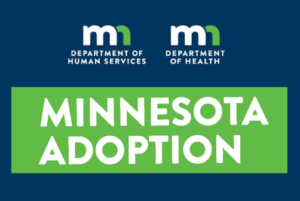
- This event has passed.
[Spring Summit] Treating Childhood Anxiety: The Important Role Parents Play
March 13 @ 10:45 am - 12:15 pm
FreeResearch has shown that parental involvement in childhood anxiety treatments is often a necessary condition for positive treatment response. In fact, some research shows that younger children with anxiety (i.e., ages 3-8) who participate in an individual psychotherapy model that does not include parents fare no better than those in the waitlist/control group. In recent years, treatment protocols that focus solely on working with the parents of anxious youth have been developed and empirically tested. Embedded in these parent-only treatment protocols are a wealth evidence-informed recommendations for how parents can help their child overcome anxiety. This presentation will therefore focus on how parents can help their child feel more confident in their ability to manage anxiety. Specifically, this presentation will discuss ways parents can respond to verbalized worries, decrease avoidance patterns in their child, tolerate associated physiological symptoms of anxiety, and more. This presentation is geared to both parents and professionals who are hoping to learn how better to guide parents of anxious youth.
Dr. Sam Marzouk is a clinical child and adolescent psychologist and
owner of Promethean Psychology, a private psychology practice in the Edina/St. Louis Park area. Dr. Marzouk specializes in working with adolescent males, although he sees children and adolescents of all ages for a variety of clinical concerns. In addition to his routine clinical work, Dr. Marzouk regularly provides workshops and trainings on pediatric mental health to psychologists, schools, parents, pediatricians and other pediatric medical providers. He is also a contributing author to the Minnesota Pediatrician, a quarterly educational newsletter of the Minnesota Chapter of the American Academy of Pediatrics. He also runs a biweekly blog titled “kids these days” where he provides commentary on various topics relevant to childhood including social media, depression, ADHD, and more.


